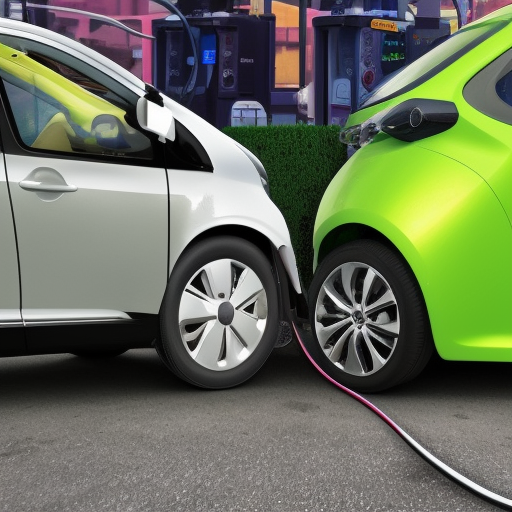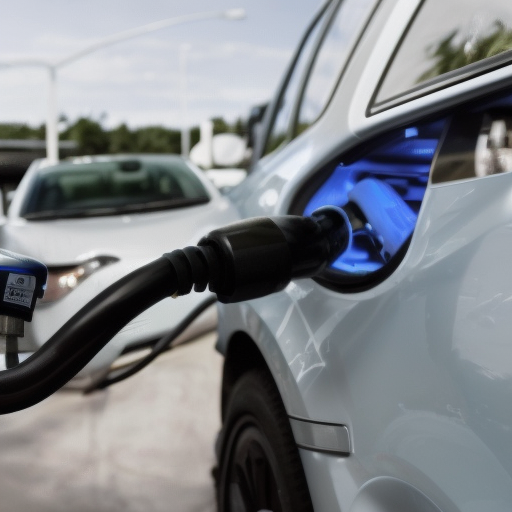Electric vs. Gasoline: Which is the Best Choice for Your Next Car?
T
here are pros and cons to each fuel type, so it's important to consider your needs before choosing.

Electric cars are becoming increasingly popular, but they have their drawbacks. One advantage of electric vehicles is that they produce no emissions, making them more environmentally friendly. However, electric vehicles are more expensive than gasoline-powered cars, and some models are limited in range. There are some downsides to driving an electric car as well. The range is shorter and the battery is more expensive to replace. There are also concerns about the supply of electric power, because there isn't enough capacity to meet current demand. Another drawback is that electric cars require charging stations to operate properly. Although there may be electric charging stations in most major cities around the world in the future, there is currently a shortage of charging stations in most areas. A disadvantage of hybrid vehicles is that they are less efficient than full electric vehicles, so they typically cost more money to operate. Also, there are concerns about the environmental impact of producing the hybrid components, including the battery and the electric motor. Because gasoline-powered cars are cheaper to buy and maintain, they are more popular with consumers than electric cars. However, burning fossil fuels to produce energy produces greenhouse gases that are harmful to the environment. It's important to understand the different advantages and disadvantages of each vehicle before making a final decision.

1) Is the new highway completed in my city? How many gas stations are there on my route? Will I be able to fill up my tank along the way? 2) What are the pros and cons of owning an electric or gas-powered car? Which would best fit my needs? 3) Is a gas-powered car less expensive to purchase than a fuel-efficient model? If I get a hybrid car, will I be able to resell it when the time comes to upgrade to a newer model? 4) What are the advantages of owning an eco-friendly car? Does the car have any other features that would improve its resale value? 5) Should I lease or buy my car? Is this a good financial decision? What kinds of problems could I encounter if I leased a car instead of buying it outright? 6) How important is the cost of maintenance compared to the price of the car itself? What are some of the common repairs that need to be made? How can I minimize the cost of these repairs? 7) What is involved in buying a used car? How can I tell if the car has been in an accident or if its odometer has been tampered with? How do I find out about potential mechanical issues that might be costly to fix down the road? 8) Will I really save money by driving a more efficient car? Will it cost me more in the long run than a traditional vehicle? 9) Are hybrids and electric cars environmentally friendly? Do they have a negative impact on local air quality? 10) What if I live in a remote area where I don't have easy access to a charging station for my car? How convenient is it to recharge your car at home? Is it more cost-efficient to own an electric car than a hybrid or an internal combustion engine car?